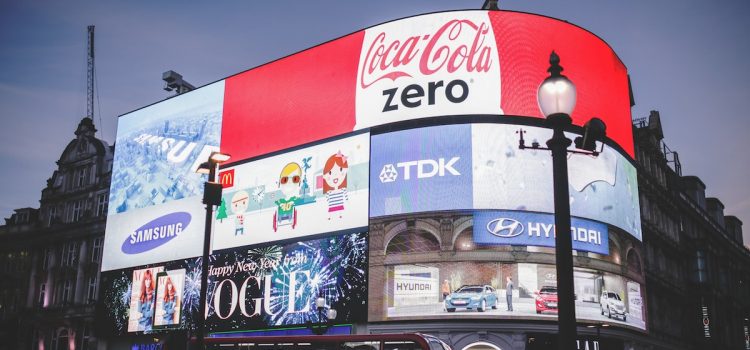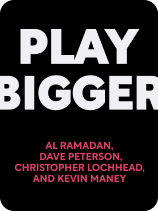

This article is an excerpt from the Shortform book guide to "Play Bigger" by Al Ramadan, Dave Peterson, et al.. Shortform has the world's best summaries and analyses of books you should be reading.
Like this article? Sign up for a free trial here.
What is market design? Why would you want to create a new market?
If you want to stand out from other companies, you should consider market design. The marketing book Play Bigger describes it as the act of creating an entirely new market for your product.
Find out more about the concept of market design below.
Market Design
What is market design? Market design is the act of creating an entirely new market for your product, claim the authors. You do this by devising a novel solution—not a solution that’s just better than other solutions—to an existing or not-yet-existing problem, often completely altering peoples’ lives and lifestyles and rendering old markets obsolete.
The authors cite Uber as a company that created an entirely new market and solution—ride-hailing services—to solve a problem consumers didn’t know they had: the challenge of finding a taxi when you need one. In Uber’s case, it made traditional taxis (the old market) much less appealing and completely changed how people get around.
When you engage in market design, you craft the market to specifically highlight your product’s unique advantages and the problem it solves, contend the authors. No other company that enters the market will succeed as well as you because the market isn’t designed to accentuate its advantages—it’s designed to accentuate yours. This is in many ways easier than competing in a market that’s saturated with recognized brands and that’s not set up to highlight your product’s assets or the problem it solves.
(Shortform note: In Crossing the Chasm, Geoffrey Moore argues the opposite point. While the Play Bigger authors contend that you should create a new market, Moore believes you shouldn’t try to position yourself in a not-yet-existent market because mainstream users will have a hard time understanding the market and won’t want to buy your product. He claims you must identify some competition to your product to give customers the context they need to understand and want to buy it. In this way, Moore views competing brands and existing markets as aides to consumer comprehension rather than as obstacles to your success, as the authors see them.)
Furthermore, when you establish a new market based on a new or existing problem, you won’t need to work hard to convince consumers to buy from you, claim the authors. Once they recognize the problem your market will solve, consumers will clamor for a solution—it’s human nature to want to solve a problem, even if it’s one they only just now realized they had. And since your company will be the only one offering any solution in that market (because you’ve only just established it), they’ll turn to you exclusively.
However, if you create a new market for your device, you can succeed in it because you can design the market to highlight your product’s unique features—its relatively low tech capacity. You might thus create a “low-tech devices” market: a market for products that have more limited capabilities than standard smartphones, to solve the problem of tech overwhelm. And once consumers recognize that they, too, have tech overwhelm, they’ll buy only from your company, because you’re the only company around that can solve that problem for them.
The Advantage: You Can Become a Market Winner
Designing a new market for your product gives you the greatest chance of becoming a market winner: the most recognized and trusted brand in a market, write the authors. Market winners often become synonymous with their entire markets and usually consume 70 to 80% of the market’s profits and value. Because customers recognize these companies so well and identify them so closely with their market, it’s nearly impossible to compete with them. You want to become a market winner because you’ll be an indomitable force.

———End of Preview———
Like what you just read? Read the rest of the world's best book summary and analysis of Al Ramadan, Dave Peterson, et al.'s "Play Bigger" at Shortform.
Here's what you'll find in our full Play Bigger summary:
- Why financial success doesn't depend on education or intelligence
- Why the key to financial success lies in understanding human behavior
- How to create a financial strategy you can follow for decades






